Betterlife the diary game ///childs are the blessing of god 👩👩👦👦👩👩👦👦👩👩👦👨👨👧👧👩👩👦 ///by @muzammal01 date 17/06/2021
HELLO STEEMIANS
CHILD
Biologically, a child (plural children) is a human being between the stages of birth and puberty,[1][2] or between the developmental period of infancy and puberty.[3] The legal definition of child generally refers to a minor, otherwise known as a person younger than the age of majority.[1] Children generally have fewer rights and less responsibility than adults. They are classed as unable to make serious decisions, and legally must be under the care of their parents or another responsible caregiver.
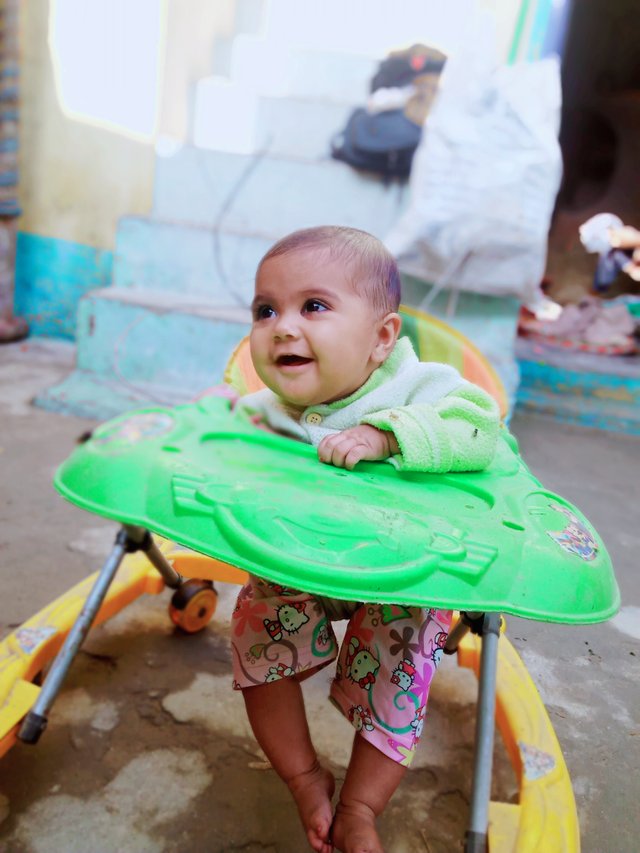
Child may also describe a relationship with a parent (such as sons and daughters of any age)[4] or, metaphorically, an authority figure, or signify group membership in a clan, tribe, or religion; it can also signify being strongly affected by a specific time, place, or circumstance, as in "a child of nature" or "a child of the Sixties".
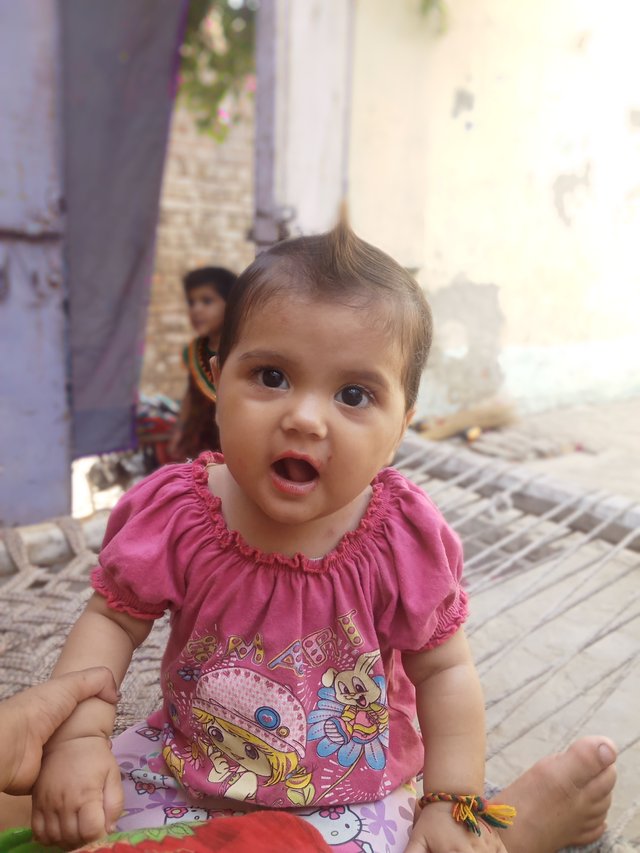
Biological, legal and social definitions
Biologically, a child is a person between birth and puberty,[1][2] or between the developmental period of infancy and puberty.[3] Legally, the term child may refer to anyone below the age of majority or some other age limit.
The United Nations Convention on the Rights of the Child defines child as "a human being below the age of 18 years unless under the law applicable to the child, majority is attained earlier".[6] This is ratified by 192 of 194 member countries. The term child may also refer to someone below another legally defined age limit unconnected to the age of majority. In Singapore, for example, a child is legally defined as someone under the age of 14 under the "Children and Young Persons Act" whereas the age of majority is 21.[7][8] In U.S. Immigration Law, a child refers to anyone who is under the age of 21.[9]
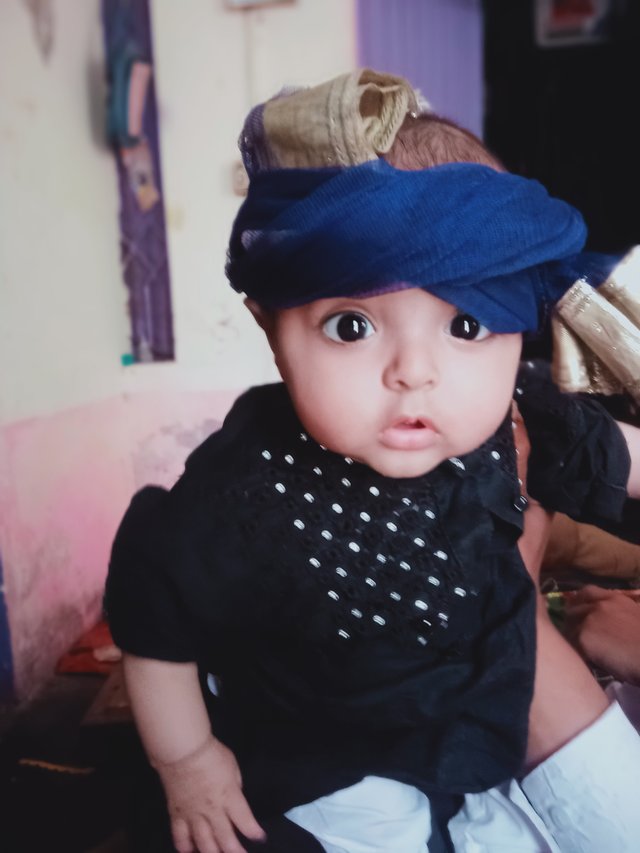
Some English definitions of the word child include the fetus (sometimes termed the unborn).[10] In many cultures, a child is considered an adult after undergoing a rite of passage, which may or may not correspond to the time of puberty.
Children generally have fewer rights than adults and are classed as unable to make serious decisions, and legally must always be under the care of a responsible adult or child custody, whether their parents divorce or not. Recognition of childhood as a state different from adulthood began to emerge in the 16th and 17th centuries. Society began to relate to the child not as a miniature adult but as a person of a lower level of maturity needing adult protection, love and nurturing. This change can be traced in paintings: In the Middle Ages, children were portrayed in art as miniature adults with no childlike characteristics. In the 16th century, images of children began to acquire a distinct childlike appearance. From the late 17th century onwards, children were shown playing with toys and later literature for children also began to develop at this time.

Developmental stages of childhood
Early childhood follows the infancy stage and begins with toddlerhood when the child begins speaking or taking steps independently.[12] While toddlerhood ends around age 3 when the child becomes less dependent on parental assistance for basic needs, early childhood continues approximately until the age of 7. However, according to the National Association for the Education of Young Children, early childhood also includes infancy. At this stage children are learning through observing, experimenting and communicating with others. Adults supervise and support the development process of the child, which then will lead to the child's autonomy. Also during this stage, a strong emotional bond is created between the child and the care providers. The children also start preschool and kindergarten at this age: and hence their social lives.
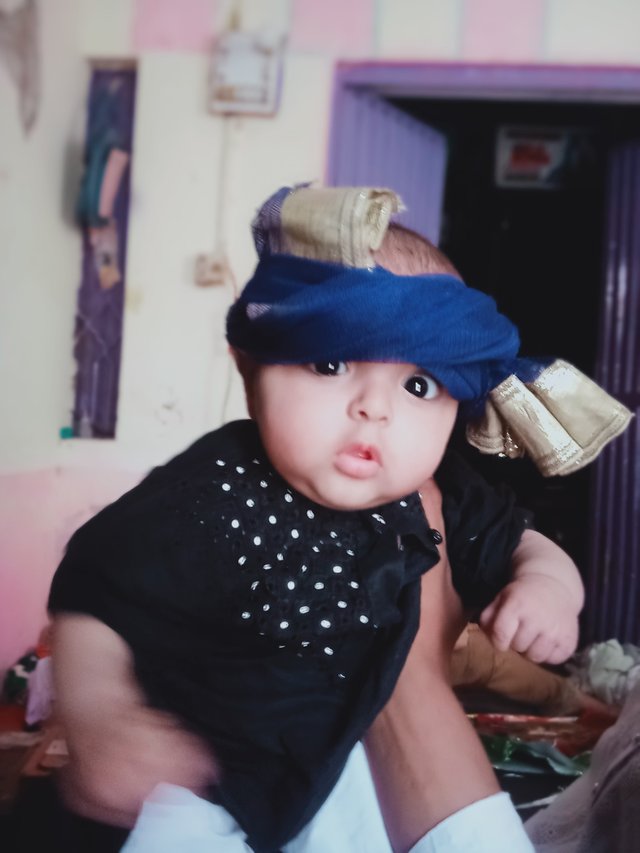
Middle childhood
Middle childhood begins at around age 7, approximating primary school age. It ends with puberty (around age 12 or 13), which typically marks the beginning of adolescence. In this period, children develop socially and mentally. They are at a stage where they make new friends and gain new skills, which will enable them to become more independent and enhance their individuality. During middle childhood, children enter the school years, where they are presented with a different setting than they are used to. This new setting creates new challenges and faces for children.[13] Upon the entrance of school, mental disorders that would normally not be noticed come to light. Many of these disorders include: autism, dyslexia, dyscalculia, and ADHD.[14]:303–309 Special education, least restrictive environment, response to intervention and individualized education plans are all specialized plans to help children with disabilities.[14]:310–311 Middle childhood is the time when children begin to understand responsibility and are beginning to be shaped by their peers and parents. Chores and more responsible decisions come at this time, and so does social comparison.[14]:338 Along with social comparison comes social play. With social play comes learning and teaching. During social play, children learn from and teach each other, often through observation.[15]
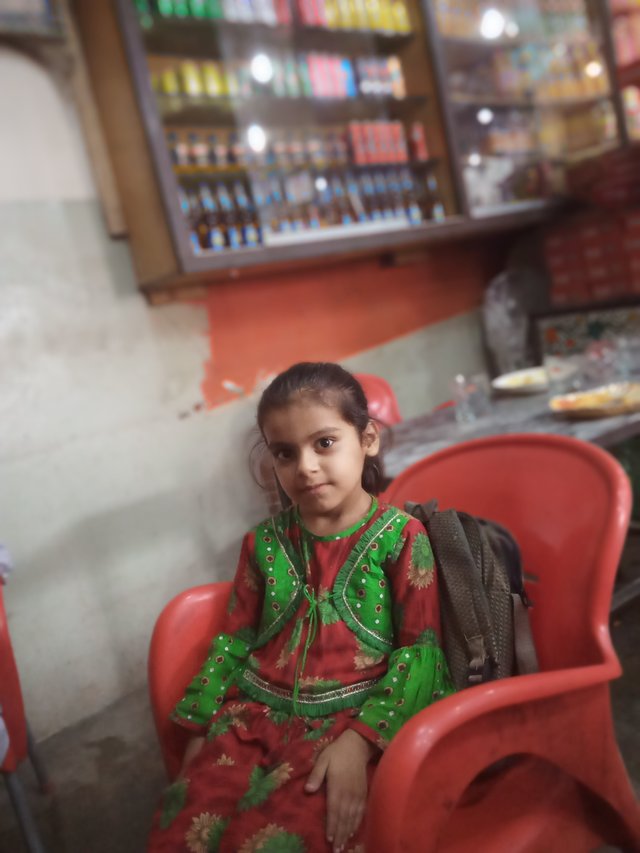
Adolescence
Adolescence is usually determined to be between the onset of puberty and legal adulthood: mostly corresponding to the teenage years (13-19). However, puberty usually begins before the teenage years. Although biologically a child is a human being between the stages of birth and puberty,[1][2] Adolescence is accepted by some cultures as a part of social childhood, because most adolescents are considered minors under the law. The onset of adolescence brings about various physical, psychological and behavioral changes. The end of adolescence and the beginning of adulthood varies by country and by function, and even within a single nation-state or culture there may be different ages at which an individual is considered to be mature enough to be entrusted by society with certain tasks.
Thanks to all to visit my Post.
Introduction Achievement 01 by @muzammal01 14/04/2021
Amazing & i love child.....
Thank you haider bhai .Thank you so much.
Good post.
Je boht boht mehrbani